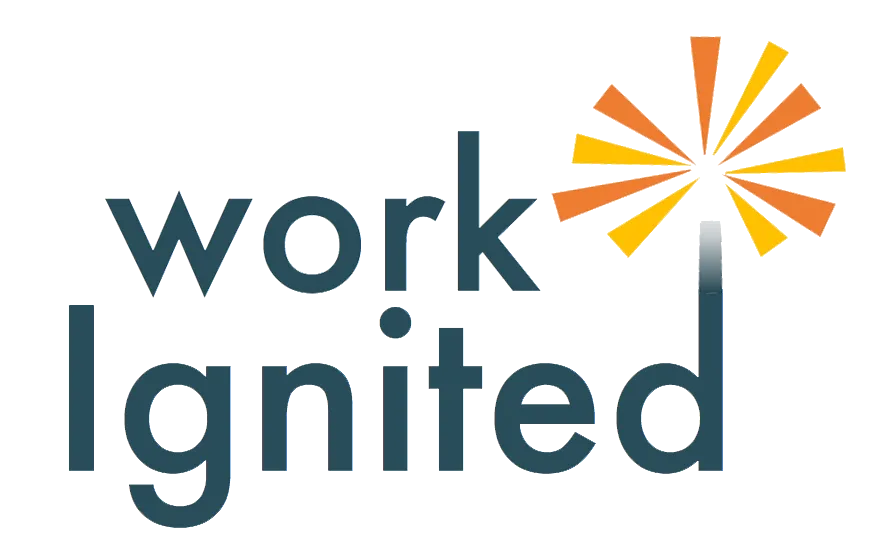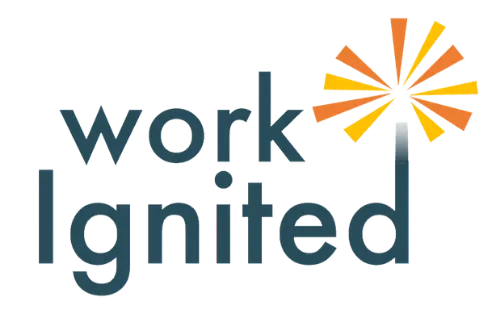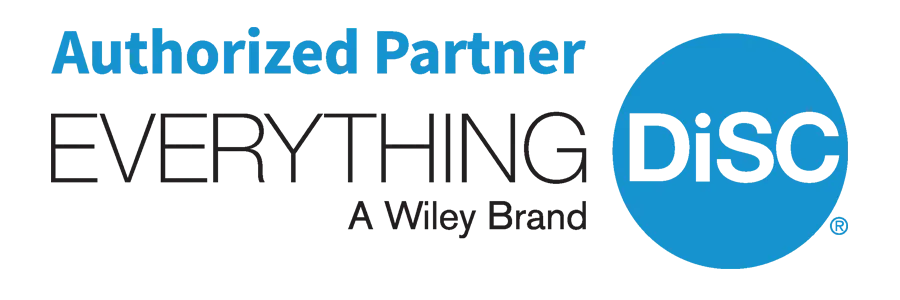
Do You Have a Big BUT?
Haha! I gotcha on that one, didn’t I? Notice, it’s but with one ‘t’ and not two.
Last week, I was coaching someone as we reviewed her 360 degree feedback results. She was a lovely person with phenomenal results – quite a bit better than average. During the initial parts of our conversation, she made three comments that caught my attention:
“My team had a lot of turnover this year. I found great people and really upgraded the talent on my team, BUT they still have a lot to learn.”
“When I took over the department, a lot of processes needed to be cleaned up. We’ve made great progress, BUT I still don’t feel I have a good understanding of how everything is working.”
And her comment that really jumped out at me:
“It’s nice to see all of this positive feedback” (remember, her results were fabulous, except for one question that was just okay). But, as you can guess, she followed it up with, “BUT, I need to talk to my manager about my low score on that one question about accountability.”
What happens when you have a big BUT? No one pays attention to anything that came before it! By using all those “buts,” my customer could leave us feeling that:
Her team has turned over and is not up to speed.
She doesn’t understand how her department works.
Her manager is concerned about her performance.
Her BUT negates everything that precedes it. No matter how logical your listeners are, their short attention span and emotional response focuses on what comes after the big BUT.
Research shows that people best remember the very beginning and the very end of a sentence. So, glance at those sentences above and see how likely it is for anyone to hear that she has found great people who have made great progress in cleaning things up!
The Message Your Big BUT Sends
BUT language deflates or negates the statement. It also deflates and creates a negative effect on the listener. How would you like to be the talented team member who has done the clean up, when all people can recall is you still have a lot to learn? And, what do people think about you when you negate your own talents with “but I still don’t feel I have a good understanding of how everything is working” and “I need to talk to my manager about my low score on that one question about accountability?”
In fact, I asked this client if she thought she was making her manager feel like she wasn’t accountable because of all of her BUT’s. Did her manager only remember hearing all that she still has to do rather than all the accomplishments?
How Your Big BUT Messes with Your Head
When you’re conditioned to think in terms of BUT, you can talk yourself out of anything.
I need to have a corrective action conversation with a team member, BUT they might quit.
I should share my new idea with others, BUT people probably won’t like it.
I should delegate this task, BUT they probably won’t do it as well as I can.
I should post on social media more, BUT no one will follow me.
I should reach out to that prospect, BUT they probably won’t like what I have to offer.
Your big BUT is a huge obstacle. It keeps you from helping people learn and grow, from being seen as an innovator, from finding time and growing your business to have more freedom. It keeps you from living the ignited life you desire.
How to Reduce Your Big BUT
Shrinking your Big BUT is easy, but don’t just substitute the word “however” as it really has the same effect.
Start with:
“I was thrilled that I was able to find great people and really upgrade the talent on my team.”
Then, let’s celebrate their strengths and ignite the possibilities.
“IMAGINE what they can achieve as they learn more.”
Like “however,” don’t plug in the word “and” as in:
“I need to have a corrective action conversation with a team member AND they might quit.”
Instead, let’s be proactive problem solvers with:
“I need to have a corrective action conversation. What action should I take to help the person to succeed?”
Finally, you might need help. Imagine what you can achieve if you ask for it. Let’s get over the negative self-talk and reach out to gain the skills, frameworks, support, and confidence to succeed as in:
“I should share my idea with others. Who could be a supporter and champion for my idea?”
Or
“I should delegate this task. What framework should I follow to ensure the tasks is completed better than I could do it myself?"
It’s time to shrink your big BUT!
If you ever find yourself saying, “I have a problem, BUT I just don’t know who to call,” don’t let that big BUT get in your way. Instead, shrink it with:
“I have a problem. It’s time to call Amy!”
Click the images below to achieve your goals.

Assessment
Solutions
Explore our assessments for candidate screening, development, team building, succession planning, and more.

Fabulous
Together
Give the women in your organization the coaching, confidence, and connections they need to have successful careers and a fabulous lives.

e-Learning
Made Easy
Create an amazing learning experience
whether your team is
at the office, at home, or on the go.

Lead
Ignited
Be the best leader you can be
with this award-winning
learning opportunity.
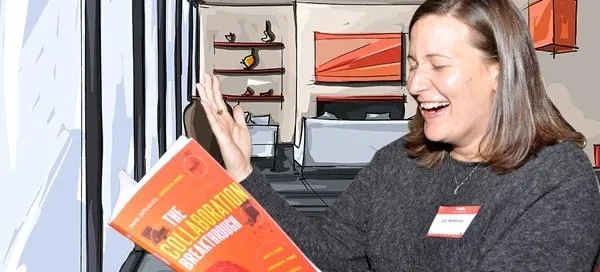
Collaboration
Breakthrough
Create a workplace you love with our best-selling book, employee survey, and interactive team experience.

Coaching
Conversations
Replace your archaic review process
with an online system to
guide GREAT conversations.
Download the Best Interview Questions
for Virtual Job Candidates
Look who's using our assessments today:

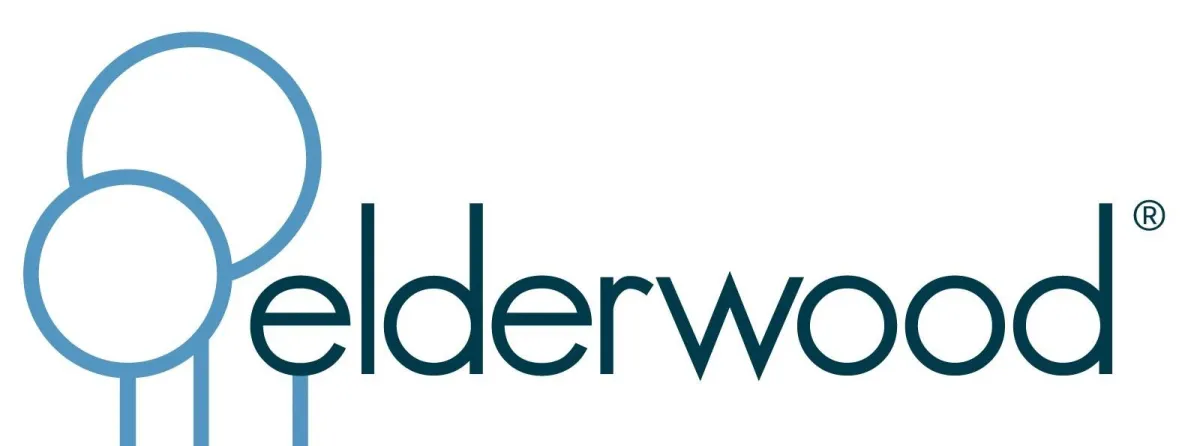


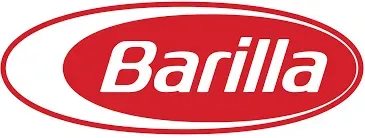

Check out our recent news and blog.

Do You Have a Big BUT?
Haha! I gotcha on that one, didn’t I? Notice, it’s but with one ‘t’ and not two.
Last week, I was coaching someone as we reviewed her 360 degree feedback results. She was a lovely person with phenomenal results – quite a bit better than average. During the initial parts of our conversation, she made three comments that caught my attention:
“My team had a lot of turnover this year. I found great people and really upgraded the talent on my team, BUT they still have a lot to learn.”
“When I took over the department, a lot of processes needed to be cleaned up. We’ve made great progress, BUT I still don’t feel I have a good understanding of how everything is working.”
And her comment that really jumped out at me:
“It’s nice to see all of this positive feedback” (remember, her results were fabulous, except for one question that was just okay). But, as you can guess, she followed it up with, “BUT, I need to talk to my manager about my low score on that one question about accountability.”
What happens when you have a big BUT? No one pays attention to anything that came before it! By using all those “buts,” my customer could leave us feeling that:
Her team has turned over and is not up to speed.
She doesn’t understand how her department works.
Her manager is concerned about her performance.
Her BUT negates everything that precedes it. No matter how logical your listeners are, their short attention span and emotional response focuses on what comes after the big BUT.
Research shows that people best remember the very beginning and the very end of a sentence. So, glance at those sentences above and see how likely it is for anyone to hear that she has found great people who have made great progress in cleaning things up!
The Message Your Big BUT Sends
BUT language deflates or negates the statement. It also deflates and creates a negative effect on the listener. How would you like to be the talented team member who has done the clean up, when all people can recall is you still have a lot to learn? And, what do people think about you when you negate your own talents with “but I still don’t feel I have a good understanding of how everything is working” and “I need to talk to my manager about my low score on that one question about accountability?”
In fact, I asked this client if she thought she was making her manager feel like she wasn’t accountable because of all of her BUT’s. Did her manager only remember hearing all that she still has to do rather than all the accomplishments?
How Your Big BUT Messes with Your Head
When you’re conditioned to think in terms of BUT, you can talk yourself out of anything.
I need to have a corrective action conversation with a team member, BUT they might quit.
I should share my new idea with others, BUT people probably won’t like it.
I should delegate this task, BUT they probably won’t do it as well as I can.
I should post on social media more, BUT no one will follow me.
I should reach out to that prospect, BUT they probably won’t like what I have to offer.
Your big BUT is a huge obstacle. It keeps you from helping people learn and grow, from being seen as an innovator, from finding time and growing your business to have more freedom. It keeps you from living the ignited life you desire.
How to Reduce Your Big BUT
Shrinking your Big BUT is easy, but don’t just substitute the word “however” as it really has the same effect.
Start with:
“I was thrilled that I was able to find great people and really upgrade the talent on my team.”
Then, let’s celebrate their strengths and ignite the possibilities.
“IMAGINE what they can achieve as they learn more.”
Like “however,” don’t plug in the word “and” as in:
“I need to have a corrective action conversation with a team member AND they might quit.”
Instead, let’s be proactive problem solvers with:
“I need to have a corrective action conversation. What action should I take to help the person to succeed?”
Finally, you might need help. Imagine what you can achieve if you ask for it. Let’s get over the negative self-talk and reach out to gain the skills, frameworks, support, and confidence to succeed as in:
“I should share my idea with others. Who could be a supporter and champion for my idea?”
Or
“I should delegate this task. What framework should I follow to ensure the tasks is completed better than I could do it myself?"
It’s time to shrink your big BUT!
If you ever find yourself saying, “I have a problem, BUT I just don’t know who to call,” don’t let that big BUT get in your way. Instead, shrink it with:
“I have a problem. It’s time to call Amy!”
